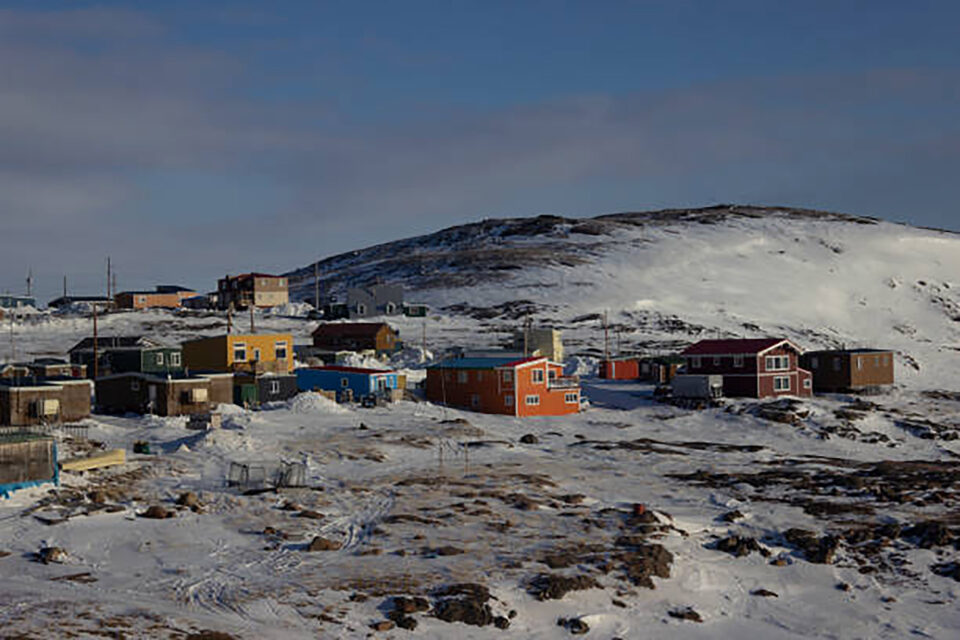The Government of Canada today announced over $7.6 million for three clean energy projects in Nunavut. Accordingly, the administration aims to help Indigenous communities address climate change impacts while taking action to secure a resilient and low-emissions energy future.
Furthermore, the Government looks to help Northern communities transition away from diesel and advance reconciliation and self-determination rights.
Read more of our news content, here: First Gen unit signs 5-year charter deal for its LNG terminal project
Canada on helping Indigenous communities to transition in Nunavut
This Tuesday, the Government of Canada announced it will grant over $7.6 million for Indigenous communities in Nunavut to fund three clean energy projects. Therefore, the administration is looking to help those communities address climate change impacts while taking action to advance the energy transition and self-determination rights.
Moreover, the Honourable Dan Vandal, Minister of Northern Affairs, on behalf of the Honourable Seamus O’Regan Jr., Minister of Natural Resources, announced.
“Indigenous people and communities are leaders in Canada’s clean growth future. By working together with them, we’re getting good projects off the ground — and great results,” said Seamus O’Regan Jr., Minister of Natural Resources.
The Government aims that the three clean energy projects in Nunavut to enhance understanding of energy use. Furthermore, to support renewable energy technology in remote Arctic environments.
About the projects
“The support we are providing for these clean energy projects demonstrates our commitment to working together. Thus, to tackle climate change, transition to clean energy and create greater economic opportunity in the territory. Finally, each of these initiatives will help create a cleaner, healthier, and more prosperous future for Nunavummiut and all Canadians;” noted Daniel Vandal, Minister of Northern Affairs
In fact, the three investments include $6.5 million for the Qikiqtaaluk Business Development Corporation‘s Sanikiluaq Renewable Energy Demonstration Project. Accordingly, this project will install a high-penetration wind turbine and battery system expected to generate 4,026,000 kWh of energy annually. Moreover, it could displace more than 50 percent of diesel fuel used to generate electricity in the community.
Also, over $750,000 for NRStor Inc. and the Hamlet of Arviat to conduct a front-end engineering design study. Particularly, for a hybrid wind, solar, and energy storage system.
Finally, $400,000 for the Government of Nunavut to develop a comprehensive Community Energy Plan. In fact, this one would include every community in Nunavut to serve as models to be followed in the future.
As outlined in Canada’s climate plan, A Healthy Environment and a Healthy Economy, the Government is investing an additional $300 million. Accordingly, this funding will allow rural, remote, and Indigenous communities to be powered by clean, reliable energy by 2030.


